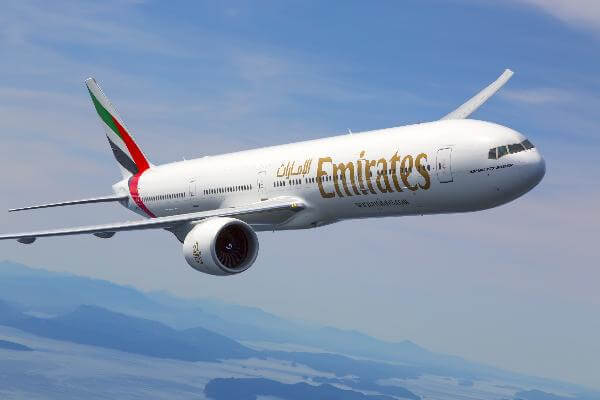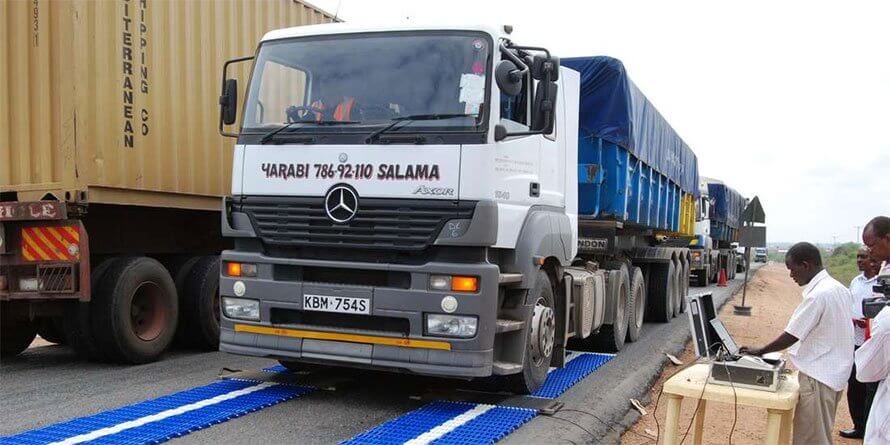Mr Wamkele Mene was recently appointed Secretary General of the African Continental Free Trade Area Secretariat. The effects of Covid-19 have halted free trade in member countries. In this interview with Africa Renewal’s Kingsley Ighobor, Mr Mene explains the way forward, and how increased intra-African trade can help lift post-Covid-19 economies. These are the excerpts: Describe the impact of Covid-19 on African Continental Free Trade Area (AfCFTA) so far? The African economy was set to grow at about 3.4 per cent in 2019 and projected to increase to 3.9 per cent in 2020, but Cocid-19 has had a very negative impact. We know that over 53 per cent of Africa’s exports go to countries, particularly Europe, that are themselves suffering from the pandemic. That has had a subdued effect on our export markets. Our services sector is set to fall by between 20 per cent and 30 percent, particularly travel and hospitality. We must find ways to mitigate the effects of the pandemic, but the primary focus for now is to save lives. Given the current situation, any idea when free trading can begin? We have recommended to the African Union Assembly of Heads of State, which is the body with the authority to delay the trading date, that given the current public health crisis and the need for some technical work to be concluded, we cannot meaningfully trade [under AfCFTA] on July 1. Does this mean free trading will not begin until the pandemic is defeated? We are exploring...
Implementing Africa’s free trade pact will lift economies – expert
Posted on: May 27, 2020
Posted on: May 27, 2020
























